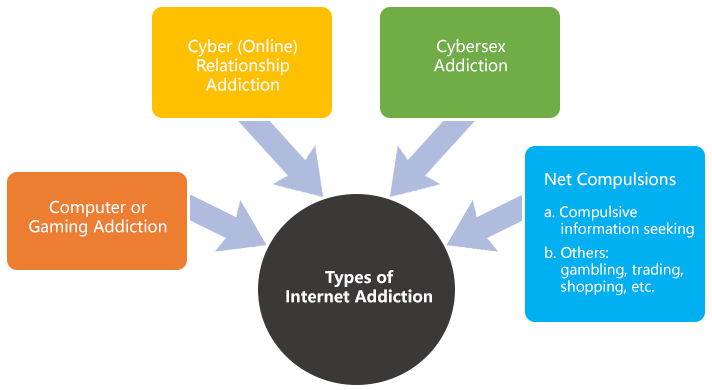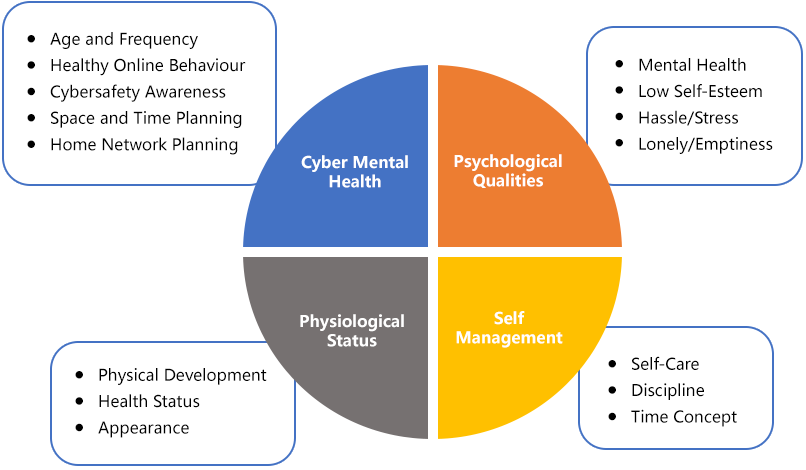 Topic: Internet Addiction: Understanding The Effects and How It Can Be Treated
Topic: Internet Addiction: Understanding The Effects and How It Can Be TreatedDate: 2022年3月6日(星期日),2:00pm
Speaker: Consultant psychologist, Ms. Lee Li Li
Click the following icons to listen to the full interview:
The Internet: Hobby or Addiction?
How do we know if browsing the internet is a hobby or an addiction? Not all internet users are addicted to it. Addictive behaviour is defined as when an individual becomes fully engaged and persists in an activity despite the negative impacts on their lives. When one is addicted to the internet, the thoughts will not stop and will stay on the mind even when you are offline. On the contrary, individuals who can maintain a balanced life in learning, sleeping, socializing, and browsing the internet are not classified as addictions.
| Hobby | Addiction |
|
|

What Makes The Internet Addictive?
What makes the Internet so attractive to teens is that they can manipulate their time and challenges on online activities such as leveling up with video games or searching for merchandise. This event gives teenagers a sense of life-changing, giving them control and a sense of accomplishment. On the other hand, it is important to discover why teens lose interest in learning. The possible factors include lack of control, challenges, achievement, and goal setting. For example, teens suffer from difficulties in keeping up with studying progress, boring assignments and examinations, relationship problems, and unclear purpose in studying. Gradually, the accumulation of frustration that happens in the real world can leave them feeling miserable and low self-esteem. Contradictorily, in the virtual world, failures are not criticized, but successes are celebrated. Hence, the teen’s addiction to the internet becomes more apparent when it is compared with the real and virtual world.
Common States of Internet Addiction
| Physical | Psychological | Behaviour |
|
|
|
Prevention and Causes of Internet Addiction

Tips for Parents:
- Show your concern by giving genuine care and supportive words and actions. (E.g. “You’ve been eating less lately. I’m a little worried.” vs. “You’ve lost weight because you’re always on the internet and not eating all day.”)
- Focus on the psychological needs of your child rather than their behaviours. (Refer to the “Prevention and Causes of Internet Addiction” to find the main causes of internet addiction and proper treatment.)
- Replace internet use with other healthy activities. (Healthy hobbies can be developed progressively according to the child’s qualities.)
- Avoid the idea of “The Internet is bad.”
- Parents should also manage their own mental health.
Treating An Internet Addiction
Medication
Electroconvulsive therapy (ECT)
Electroaversion therapy (EAT)
Electroconvulsive therapy (ECT)
Electroaversion therapy (EAT)
Personal psychological and behavioral therapy
Group psychological and behavioral therapy
Skill training/retraining programme
Group psychological and behavioral therapy
Skill training/retraining programme
*Isolated treatment is recommended for severe cases*
Click the following icon to listen to the full interview:
Below is the website of the Internet Addiction test:
https://www.wenjuan.com/s/6fyqqeW/
(Note: This test is for reference only and is not for self-diagnosis and treatment.)
Note: The above content was transcript from our March 6th, 2022 "DreamicEdu ZOOM Sharing Session: Understanding the Internet Addiction". Kindly contact our office if you would like to learn more or seek consultation. Thank you.





